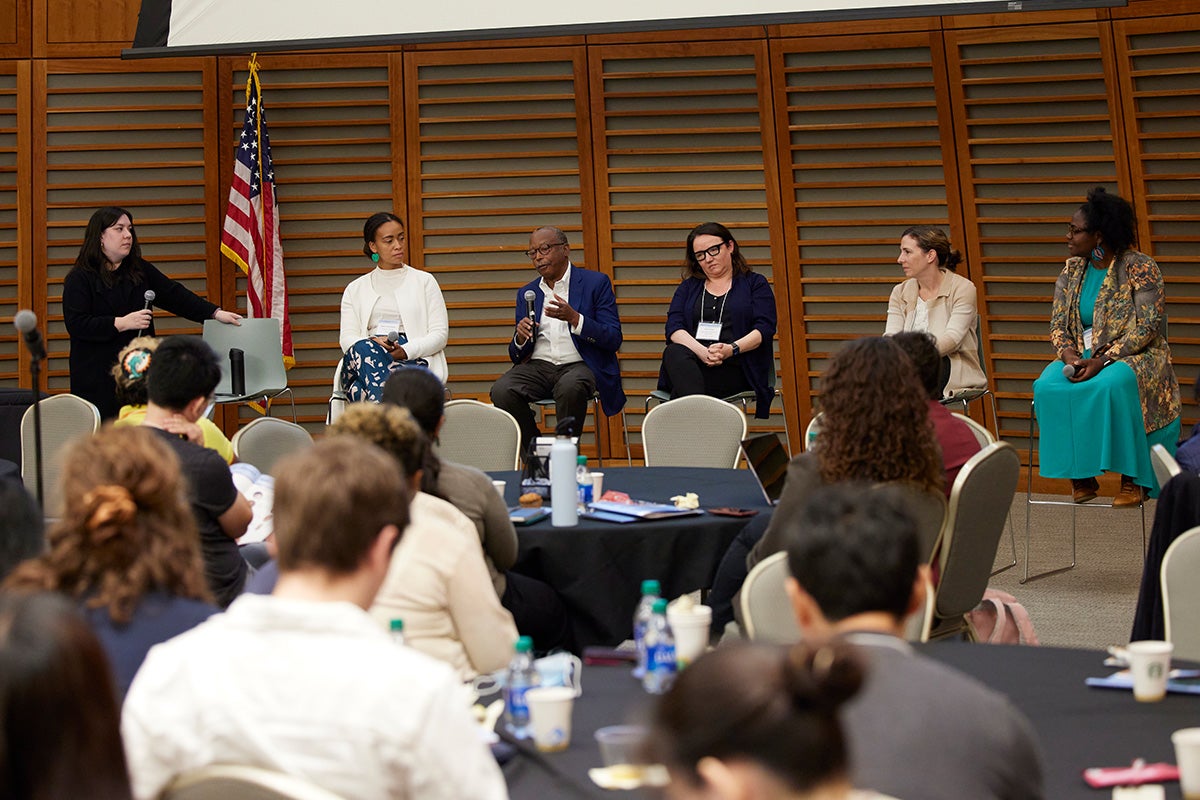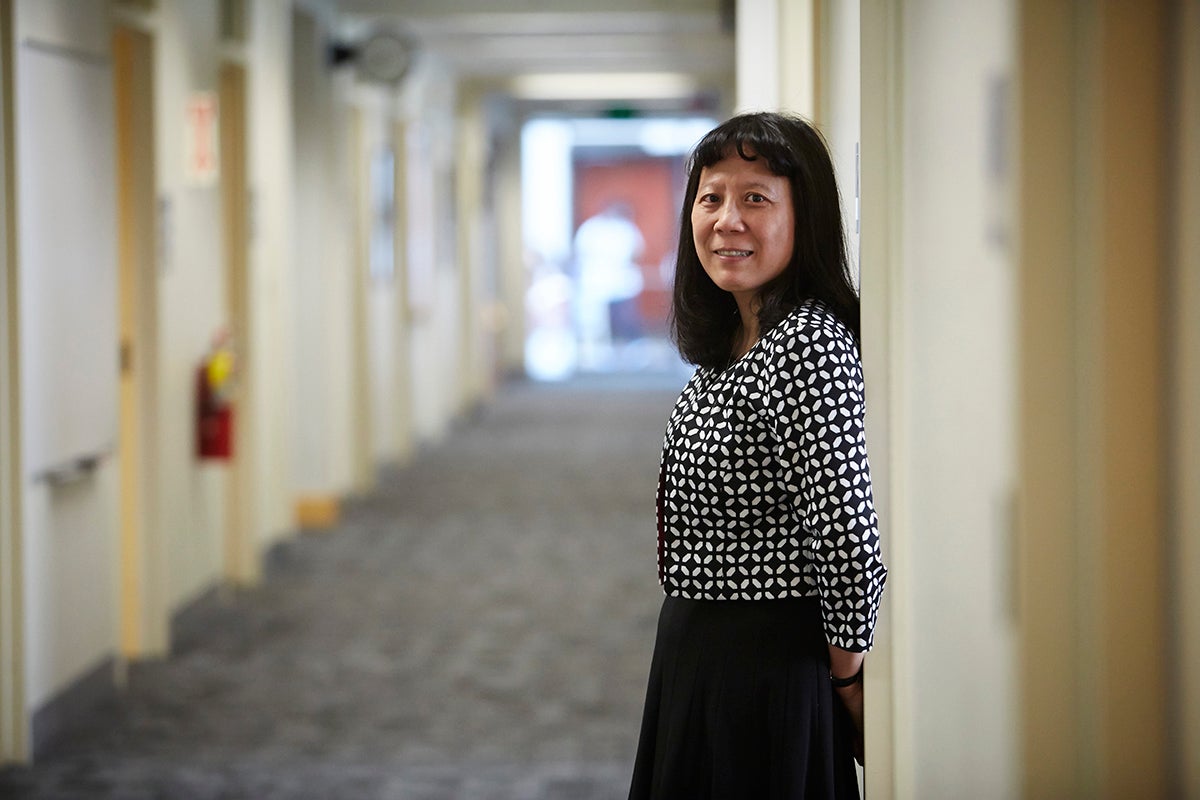Li X, Chen H, Selvaraj MS, Van Buren E, Zhou H, Wang Y, Sun R, McCaw ZR, Yu Z, Arnett DK, Bis JC, Blangero J, Boerwinkle E, Bowden DW, Brody JA, Cade BE, Carson AP, Carlson JC, Chami N, Chen YI, Curran JE, de Vries PS, Fornage M, Franceschini N, Freedman BI, Gu C, Heard-Costa NL, He J, Hou L, Hung YJ, Irvin MR, Kaplan RC, Kardia SLR, Kelly T, Konigsberg I, Kooperberg C, Kral BG, Li C, Loos RJF, Mahaney MC, Martin LW, Mathias RA, Minster RL, Mitchell BD, Montasser ME, Morrison AC, Palmer ND, Peyser PA, Psaty BM, Raffield LM, Redline S, Reiner AP, Rich SS, Sitlani CM, Smith JA, Taylor KD, Tiwari H, Vasan RS, Wang Z, Yanek LR, Yu B, Rice KM, Rotter JI, Peloso GM, Natarajan P, Li Z, Liu Z, Lin X, Li X, Chen H, Selvaraj MS, Van Buren E, Zhou H, Wang Y, Sun R, McCaw ZR, Yu Z, Arnett DK, Bis JC, Blangero J, Boerwinkle E, Bowden DW, Brody JA, Cade BE, Carson AP, Carlson JC, Chami N, Chen YI, Curran JE, de Vries PS, Fornage M, Franceschini N, Freedman BI, Gu C, Heard-Costa NL, He J, Hou L, Hung YJ, Irvin MR, Kaplan RC, Kardia SLR, Kelly T, Konigsberg I, Kooperberg C, Kral BG, Li C, Loos RJF, Mahaney MC, Martin LW, Mathias RA, Minster RL, Mitchell BD, Montasser ME, Morrison AC, Palmer ND, Peyser PA, Psaty BM, Raffield LM, Redline S, Reiner AP, Rich SS, Sitlani CM, Smith JA, Taylor KD, Tiwari H, Vasan RS, Wang Z, Yanek LR, Yu B, Rice KM, Rotter JI, Peloso GM, Natarajan P, Li Z, Liu Z, Lin X, Li X, Chen H, Selvaraj MS, Van Buren E, Zhou H, Wang Y, Sun R, McCaw ZR, Yu Z, Arnett DK, Bis JC, Blangero J, Boerwinkle E, Bowden DW, Brody JA, Cade BE, Carson AP, Carlson JC, Chami N, Chen YI, Curran JE, de Vries PS, Fornage M, Franceschini N, Freedman BI, Gu C, Heard-Costa NL, He J, Hou L, Hung YJ, Irvin MR, Kaplan RC, Kardia SLR, Kelly T, Konigsberg I, Kooperberg C, Kral BG, Li C, Loos RJF, Mahaney MC, Martin LW, Mathias RA, Minster RL, Mitchell BD, Montasser ME, Morrison AC, Palmer ND, Peyser PA, Psaty BM, Raffield LM, Redline S, Reiner AP, Rich SS, Sitlani CM, Smith JA, Taylor KD, Tiwari H, Vasan RS, Wang Z, Yanek LR, Yu B, Rice KM, Rotter JI, Peloso GM, Natarajan P, Li Z, Liu Z, Lin X.
bioRxiv.
2023 Nov 02.
PMID: 37961350




